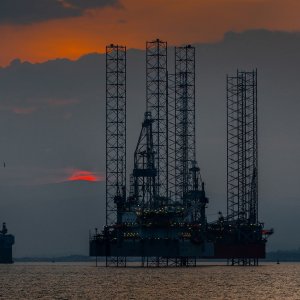Social Issues Clarity Needed for Progress

STORY INLINE POST
More than 5GW of new, clean power plants will be built in Mexico in the next three years as a result of CENACE’s two long-term power auctions. Much of the new power will come from wind farms and solar parks, using Mexico’s abundant natural resources to satisfy the growing electricity demand. The acquisition of land rights and right of way permits is crucial to these projects as many are technologies that require great tracts of land. To ease these processes the new law makes Social Impact Assessments (SIAs) and indigenous consultations mandatory for energy projects both in the oil and gas and electricity sectors. But the lack of specific guidelines is stopping companies from taking full advantage of these mechanisms.
“There is a general concern in these industries about the lack of certainty and clarity in the law,” says Jaime Martínez, Business Development Director of ERM, a global provider of environmental and social consulting services. “Many projects are not moving as fast as they could due to social issues so we would like the government to clarify these aspects soon. In Mexico, complying with social-related regulations is often harder than with their environmental counterparts, so having certainty and clarity over this issue is a concern for energy companies.”
Public opinion often perceives communities as the most vulnerable partner in the negotiating process but Martínez suggests companies are also exposed to many risks as a result of failed social management strategies.
He says there have been cases where a community’s expectations have skyrocketed due to inappropriate communication strategies, making it impossible for companies to handle the situation. “Transparency is usually the best approach to avoid social issues because it allows communities to weigh the project’s positive impacts and make informed decisions. Opening communication channels allows the discussion of a projects’ positive aspects that include not only economic incentives but employment and development opportunities, which must also be considered by local communities in the decisionmaking process.”
Martínez agrees that the lack of clarity in the regulatory framework regarding social management is a challenge for companies in the sector. But he does not consider that a valid excuse for poor social strategies. “There are several international guidelines that make reference to this topic and could be used as a model until the Mexican guidelines are completed. In fact, some of the Mexican regulations or requirements are based on international treaties such as the International Labour Organization (ILO) Convention 169 that states the procedures that must be followed when dealing with indigenous communities and territories. Even though there would be local considerations, it is recommended to follow international standards, in which ERM has strong expertise. So, why wait?”
Timing, he says, is one of the most important factors. “We always recommend our customers get involved with the community as soon as possible. Despite the lack of certainty in local guidelines, waiting too long to approach the community is the worst move a company can make. For instance, communities might find out about the project through the media and adopt a reluctant attitude due to the lack of clear information and the feeling of being left out of important decisions. When it comes to establishing friendly relationships with communities, we always say the sooner the better.” Even if companies follow Martínez’s advice, other challenges are on the way. The Energy Reform has spurred a greater number of energy infrastructure projects in Mexico, leading to a larger backlog of SIAs than the Ministry of Energy can handle.
“Companies know there are many projects in the pipeline that require permits and that public authorities have a limited capacity to manage all these processes,” Martínez says. “The Ministry of Energy has recognized its limitations and has been flexible with project developers, showing a proactive approach and presenting a proposal based on international regulations while the Mexican guidelines are unavailable. The Ministry’s flexibility has been crucial to keeping the projects moving amid the uncertainty."
























